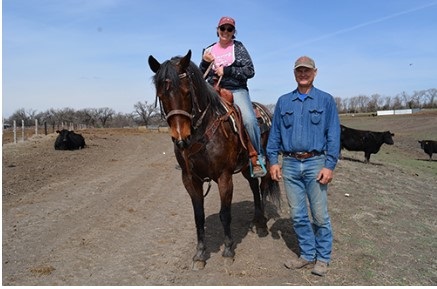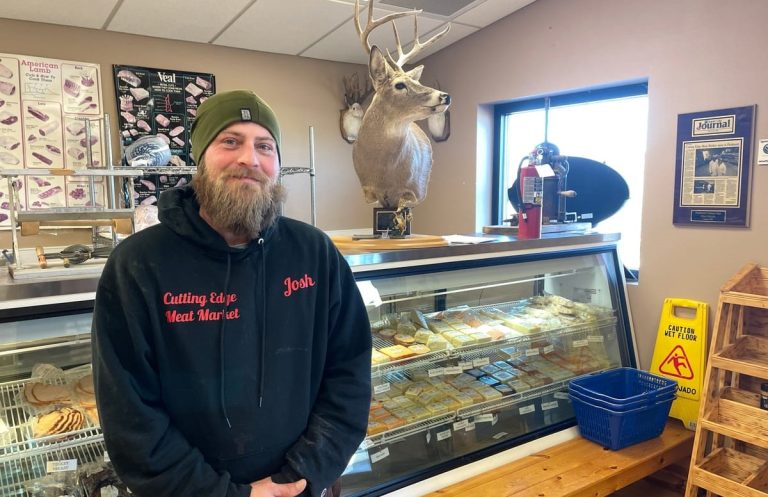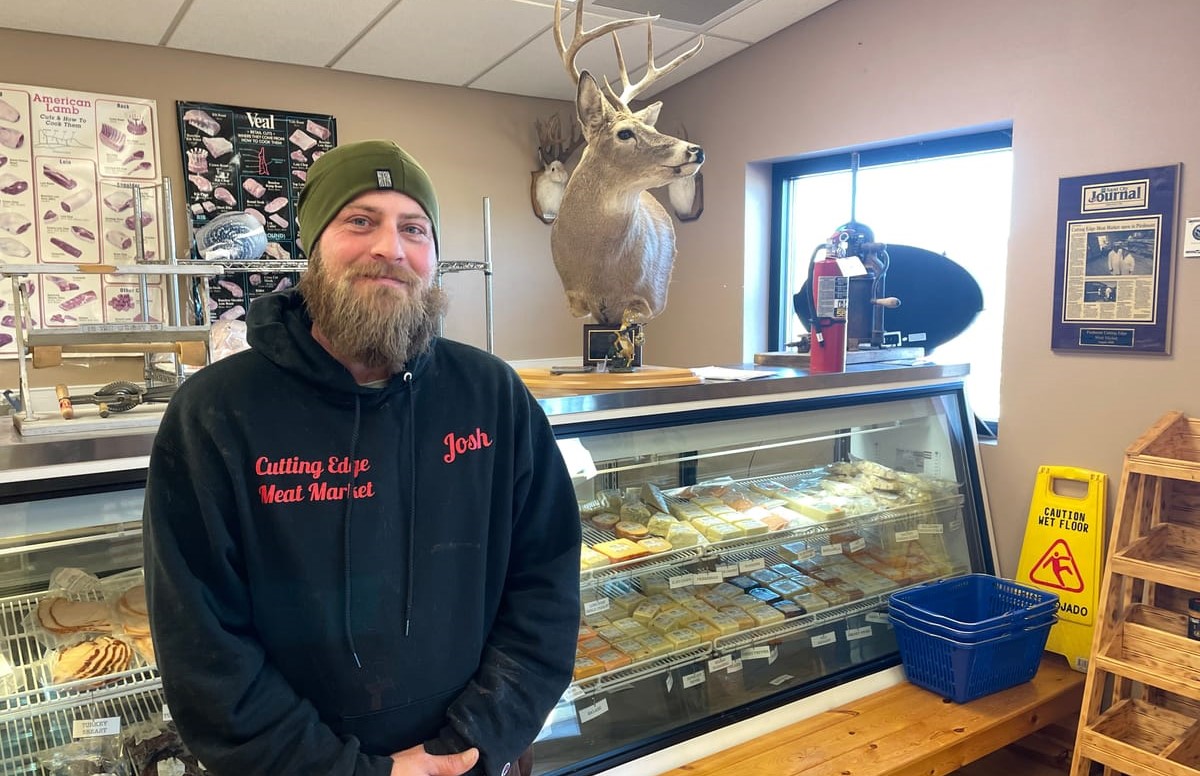BROOKINGS, SD – Developing strong leaders is always important, especially when it comes to the agricultural industry. Created two decades ago, the South Dakota Agricultural and Rural Leadership program (SDARL) has developed a proven criteria to help others learn to lead.
SDARL takes 28 individuals on a leadership journey for 18 months every two years. Participants emerge from the program prepared to lead their communities and the state, and make significant contributions to agriculture nationally and globally.
Through a series of 12 seminars, participants grow in their knowledge of the broad scope of agriculture and agribusiness in South Dakota, the nation, and the world. Most of the seminars are 3 days in length and are held at locations across South Dakota.
The group also spends one week in Washington, D.C to gain insights into policy-making at the national level. The class allocates two weeks to study in a foreign country, examining the global nature of agriculture and the challenges of feeding the world.
As one person could imagine, these adventures can take significant funds to complete. Thankfully, “First Dakota National Bank (FDNB) has supported SDARL since the leadership program started more than 20 years ago,” said Don Norton, SDARL CEO.
Along with their commitment to agriculture and rural communities, FDNB extended a $350,000 endowed funding gift this week for the “First Dakota National Bank Seminar on Agriculture, Finance, and Economic Development” in the SDARL program seminar series.
In an interview with Northern Ag Network, Norton said “SDARL gratefully appreciates the gift,” adding “that will allow classes forever to be experiencing that particular seminar.”
The “First Dakota National Bank Seminar on Agriculture, Finance, and Economic Development” is a three-day learning event that demonstrates how agriculture is the economic engine that drives South Dakota. Class participants explore the importance of the land grant institution, the diversity of agriculture in the private sector, and the relationship between agricultural products and processing.
Together, these systems are a force for community and economic development












